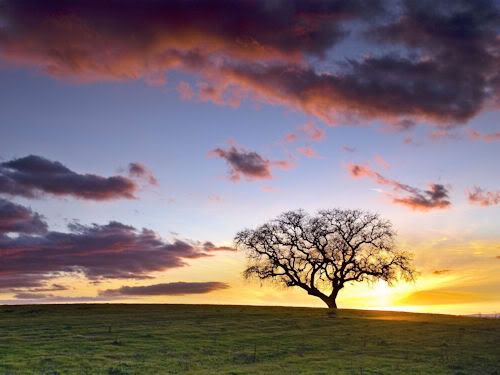I just caught this a short while ago and just in time to stream most of the press conference, without even finishing my first pot of coffee.
Did some searching and found a couple of reports, more are being added as I type this, as well as the UNEP site page with the full report broken down in sections to download, read and study.
One doesn’t need to believe in ‘Climate Change’, using the label ‘global warming’ in a simplistic way to feed the detraction of the obvious, detractors of advancing technologies and individual advancements and dreams have always been around. Developing, long over due and argued about, the technologies and finding the possible new means to the goals of a cleaner planet and cleaner living are just the same as any advancements man has made as we’ve evolved.
Greening should help bring about cleaner living. Greening should stop many of mans conflicts {think national securities and the continued growth of hatreds} on his fellow man, who will go to war to try and control anothers sun or wind,or what other possibilities can be found to cleaner energy needs through other advancing technologies and not with fossil fuels or anothers mineral assets.
Advancing to green economies brings growth, everywhere, as well as the needed trades and expertise to be able to carry out the advancement needs. Developing and growing towards cleaner living, cleaner manufacturing, cleaner air, cleaner water and much more, a cleaner and possibly less hostile planet.

